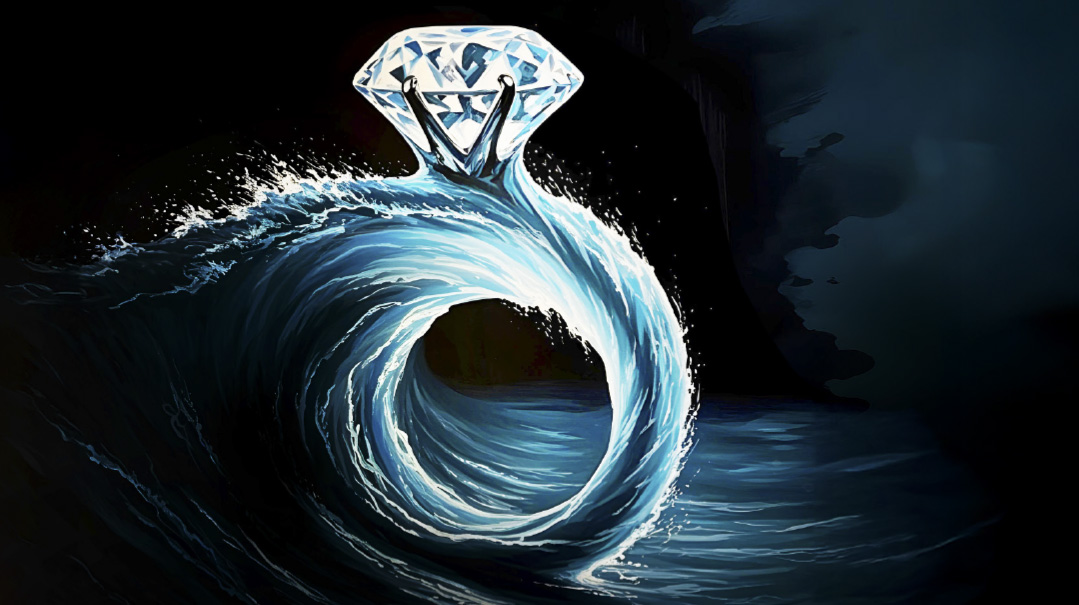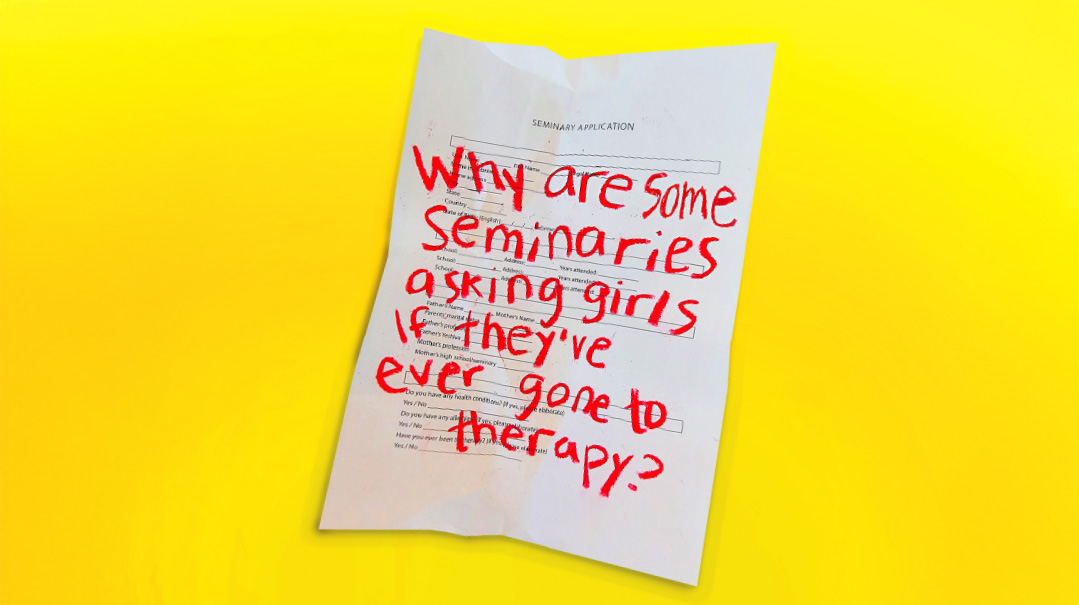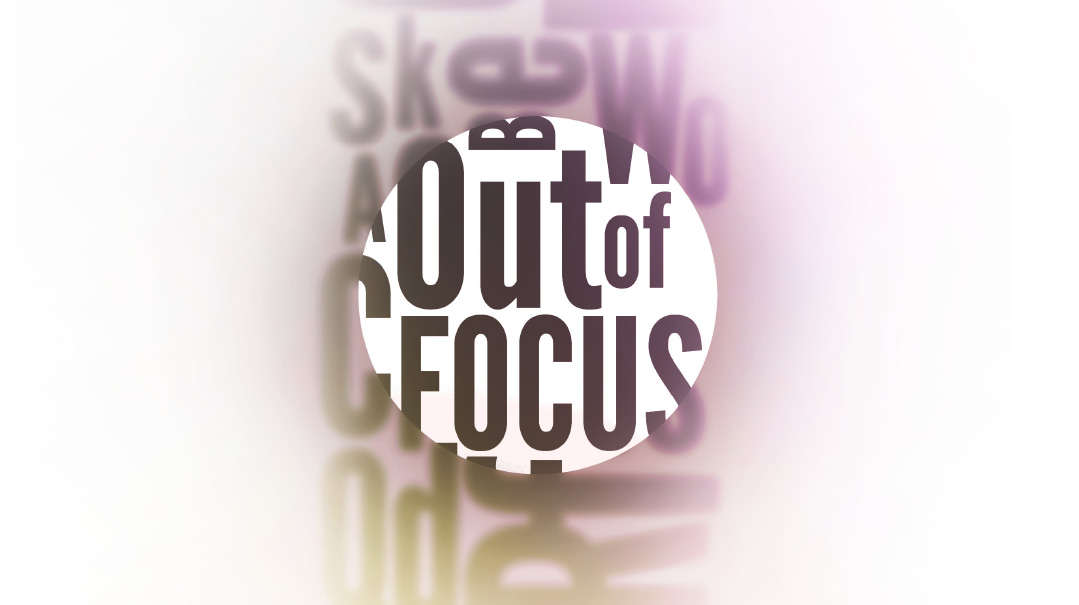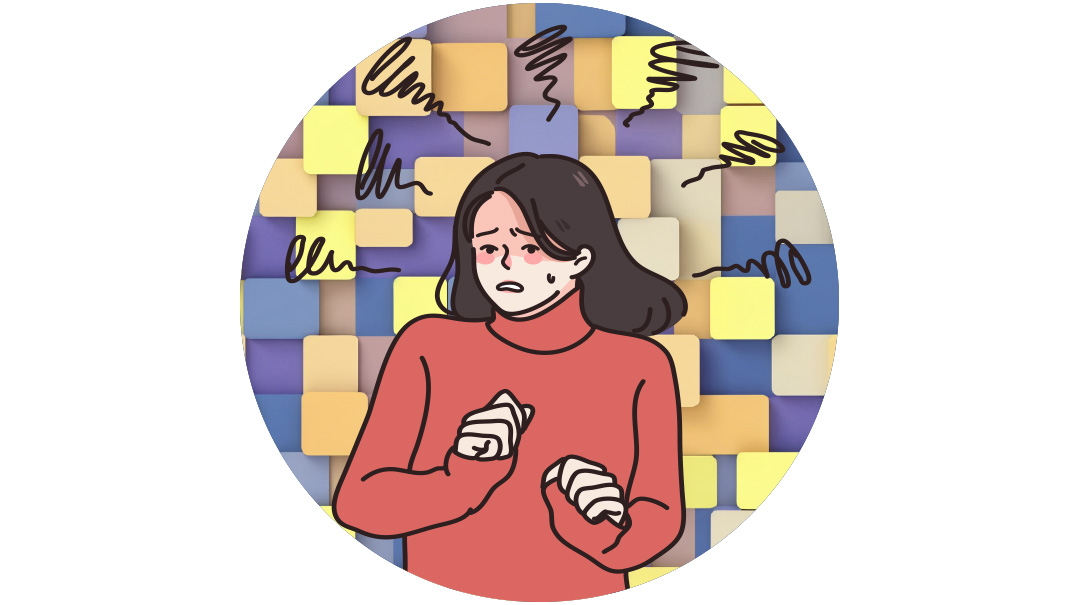The Conversation Continues: Grayed Out

“Alcoholics and other addicts would never be encouraged to just have their substance in moderation, just walk away, or just try harder”
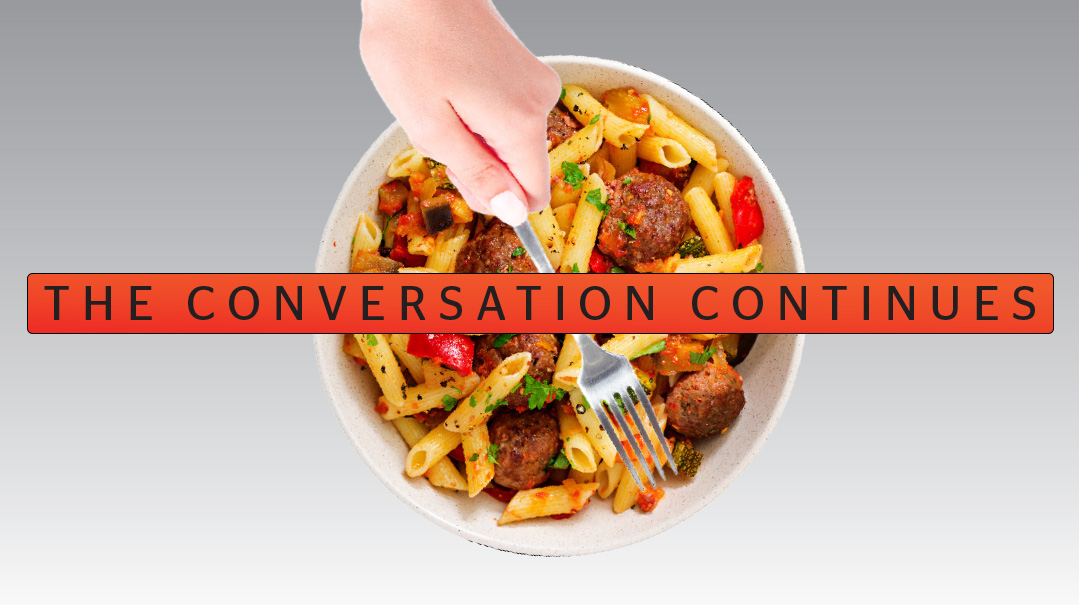
Insulin Resistant?
I very much enjoyed Miriam Bloch’s article about a truly strong woman who, through herculean efforts, worked through her carb and sugar addiction to become her best self. It was so powerful to read!
I was surprised, though, that no mention was made of the idea of insulin resistance and how this affects cravings and even, to some extent, food addictions.
Insulin is the hormone in charge of bringing glucose into cells and regulating a person’s blood sugar. People who are insulin resistant, however (and many are born with this predisposition), don’t respond to insulin properly, making sugar build up in the blood. This causes blood sugar spikes and crashes, which for many leads to extremely strong cravings for simple carbs and sugars. Many with insulin resistance are literally addicted to sugar and carbs without even realizing it! A lot of people with insulin resistance are predisposed to developing type 2 diabetes later on in life.
For me personally, I was able to help my body by decreasing the amount of sugar and simple carbs I ate, exercising religiously, and balancing my meals carefully. Regardless of the way a person deals with it, a simple blood test from an endocrinologist can help determine if a person’s cravings are hormonal in nature.
T.K.
It Works, It Really Does
Compulsive overeating isn’t a widely acknowledged addiction, even among medical professionals and nutritionists (although there are some). It seems that just about everyone out there believes that with enough willpower and effort, anyone can control their eating and weight, if they would only want it badly enough.
Interestingly, this isn’t the attitude toward people with any other addictions. Alcoholics and other addicts would never be encouraged to just have their substance in moderation, just walk away, or just try harder.
On the cusp of adulthood, I had everything. An incredible family, wonderful middos, a beautiful smile, many friends, and a promising teaching career. There was one problem. At age 19, I was a size 28. My size wasn’t due to a lack of will, information, or effort. I sat through Weight Watchers meetings starting at age eight, and over the next 11 years, consulted with numerous health coaches and nutritionists and experimented with endless popular diets. For years, I exercised rigorously and tried desperately to improve my willpower and dedication to stick to diets.
Somehow, in all other areas of my life I had perseverance, determination, and willpower. For some reason, the same willpower that brought me success in so many areas of my life crumbled to pieces when it came to making any attempts to control my food intake.
My parents supported me and encouraged me. Seeing my pain and frustration, one day they approached me and suggested I consider bariatric surgery. With much sincerity, they told me, “There is no such thing as being stuck. You don’t need to suffer.”
Uncharacteristically, I refused.
Why did I refuse? I was suffering. The side effects of overeating were a very real pain in my life. Additionally, I suffered the agony of hope, the trying and ultimately failing, over and over and over again. The endless cycle and disgust consumed me. I would watch people stop and stare in the street, the faces of family members at a simchah, and the looks of pity and aversion from shadchanim.
Although I excelled in my job, was talented, successful, and well-liked, I couldn’t stop eating. And when I did stop, I couldn’t stop myself from starting to eat again. Diets worked, until they didn’t. Inevitably, I would end up with my hands in the fridge, late at night, with my heart breaking into pieces at the embarrassment of going off yet another diet, whether it was a period of abstinence for a day or three months.
Nothing, absolutely nothing, can describe my intense self-loathing and burning shame and horror when I tried on the gown that had been customized to fit perfectly for my cousin’s wedding, but by the time it was completed, there I stood with my stomach bulging. I was 17. It hurt and it hurt so bad, the only thing I could do was reach for that next floury sugary food, which would take away the pain. For exactly nine seconds. Then, the heat of shame would flare up, hot and ugly, and disgust would be a bile in my throat, and I couldn’t handle it, and so, reaching to fill my mouth again, the cycle continued. I would go to bed, nauseous from the food, and wait for sleep to take it all away. “I’ll start again in the morning,” I'd tell myself. Morning dawned, but the monster was full of white noise. “Take an extra bowl of cereal,” “Mix the bran flakes with the Cocoa Pebbles,” “Take an extra piece of cheese.”
I didn’t want to, but I did. I was powerless. I ate against my will. Sometimes I ate with tears in my eyes. Sometimes I burned my mouth on the hot cheese on macaroni because I just couldn’t wait a few minutes for the food to cool down. Yom Tov had me planning how to get to the freezer without anyone looking and taking rugelach. My heart squeezed tight in hot shame when my mother would wonder, when the guests came, who had finished all the rugelach. (Luckily, I have lots of siblings, so there were many possible culprits.)
Summers found me curled up on a chair in the basement with ten freeze pops next to me, eating them quickly while reading. All day, the food chattered in my head. I couldn’t go to a school function, kiddush, or sleepover party without the food thoughts screaming louder than anything else. I had periods of abstinence, and I thought the problem had been solved, until one day, without even making a decision, I would drive to the store, or go to the cabinet or the fridge for the food that I knew would hurt me.
I knew surgery wouldn’t help, because my problem wasn’t the food. The solution was the food. My problem was that I couldn’t stop from starting, and that once I started, I had an intense, irrational, overwhelming reaction that I needed more.
Many of your readers will not understand why I couldn’t stop eating, why I couldn’t stick to a diet. “Such a pretty girl, if only she’d lose the weight,” “If you wanted it badly enough, you could do it,” were some of the sentiments people expressed. Well-meaning.
I agreed with them. I thought I was extraordinarily lazy, that I had no willpower, and that I was plain stupid. Nutritionists told me, “You just have to put your mind to it!” Health coaches would encourage more sleep and talk about scheduling meal times and drinking enough water.
Things would have continued this way if not for the gift of pure, raw desperation.
I didn’t want surgery. I knew that it wouldn’t work for me. I knew that there was something biologically different about me. I knew I would find a way to eat that chocolate.
Hashem sent me a messenger: a relative of mine who had lost a tremendous amount of weight and kept it off. I swallowed my pride and called her. That call was the beginning of a journey I’m still on today, more than two years later, one day at a time.
I lost over 130 lbs, and I’m now at a healthy weight, but that is only the beginning of the tremendous benefits I’ve experienced through working the 12 steps in Overeaters Anonymous.
I learned that I’m a compulsive overeater, which means that I have an addiction to certain food ingredients and behaviors. I don’t have a willpower problem. OA defines food addiction as having both an allergy (defined as abnormal reaction) of the body and an obsession of the mind.
The physical aspect, the allergy, takes effect when I begin eating certain foods (i.e., those with sugar and flour). I experience intense craving for more food, and I simply can’t stop eating. The mental obsession describes why I’m unable to stick to any diet over time. The obsessive thoughts continue until inevitably the day comes when I pick up the food again. As anyone knowledgeable about addictions is aware, this cycle has absolutely no connection to willpower or self-control. The solution for real compulsive overeaters like me is Overeaters Anonymous, a 12-step program like those that have worked for thousands of people with all sorts of addictions.
I’ve been completely transformed through working these 12 steps in an OA fellowship, along with millions of others. If you’re suffering from compulsive overeating, do what I did to lose over 100 pounds. Give up. Stop dieting. Get on a food plan and join the rooms of OA. People are willing to invest tremendous amounts of money, pour chemicals into their bodies, have their bodies cut open, in the attempt to fight this disease. OA is free, there is literally nothing to lose… except unwanted weight.
If you’re wondering why it’s impossible for you to stick to any diet for any length of time, if you’re experiencing physical and emotional repercussions from eating and truly want to stop but can’t, if you’re looking for a solution, please call me. We keep the gifts of OA by giving them away.
I can be contacted through Mishpacha.
S.K.
(Originally featured in Family First, Issue 860)
Oops! We could not locate your form.


